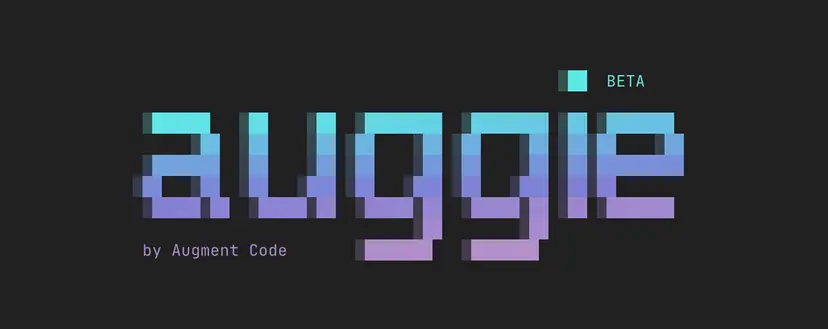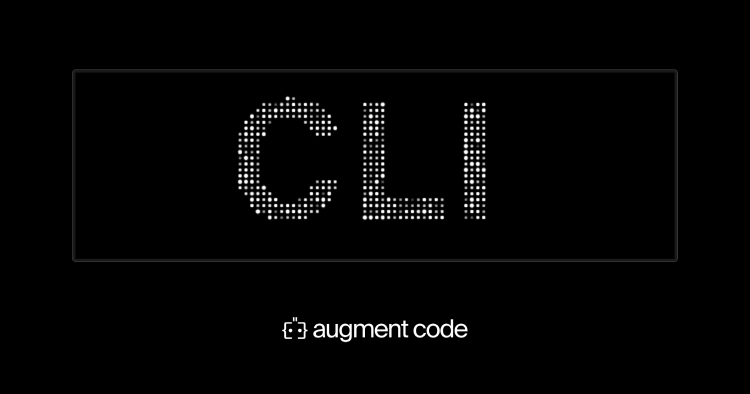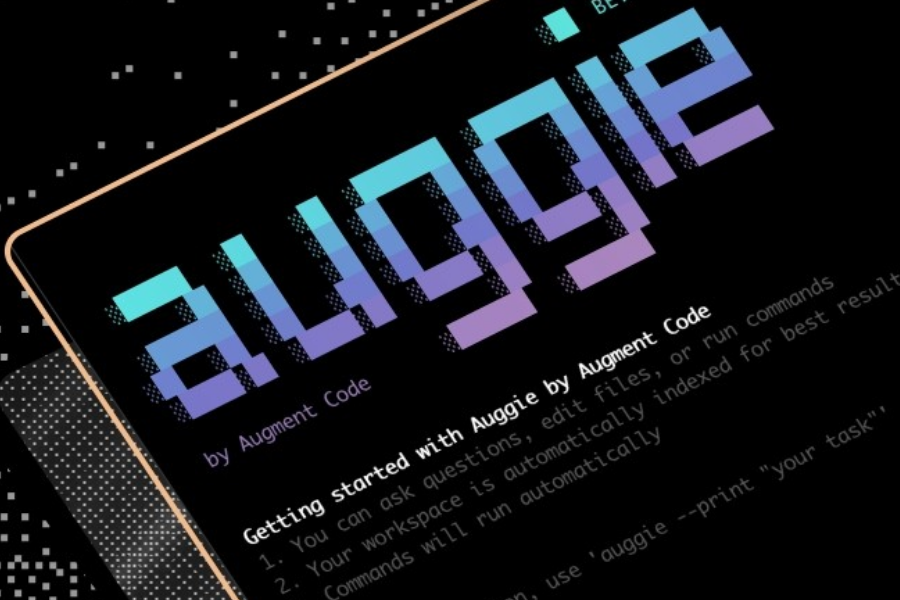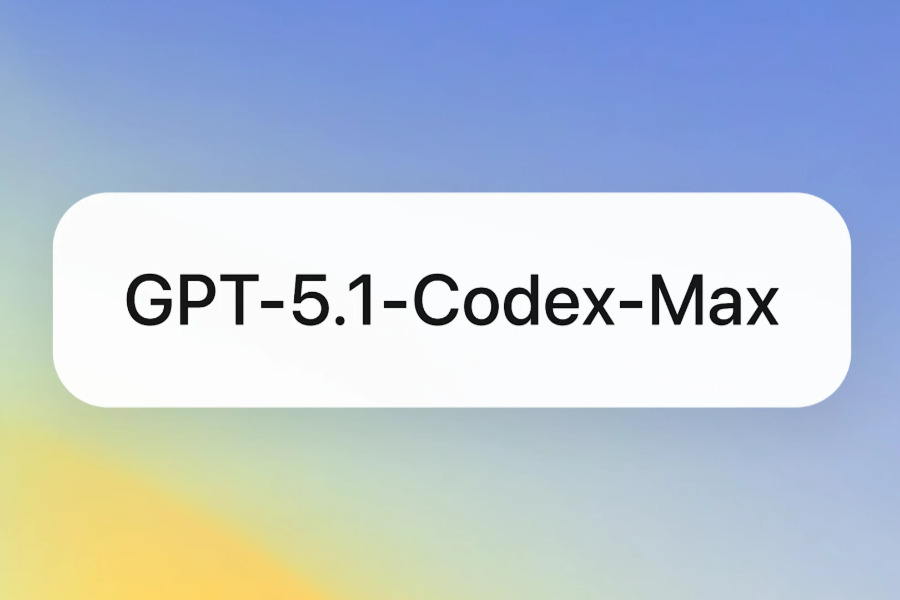Augment, a pioneer in AI-driven software development solutions, has officially launched Auggie, its innovative command-line interface:Auggie CLI tool designed to transform developer workflows.
This release underscores Augment’s commitment to deeply integrating artificial intelligence into the software development lifecycle, offering both individual developers and enterprises a more intelligent and efficient coding experience.
What is Auggie CLI: A Terminal-Based AI Assistant for Developers
Unlike traditional CLI tools, Auggie CLI functions as a specialized AI agent that understands codebases at a profound level. Built with a powerful context engine, it seamlessly integrates into daily development tasks while supporting major IDEs, including Visual Studio Code and JetBrains. Developers can quickly authenticate and begin using Auggie CLI with simple commands like Augment signin, reducing setup time and accelerating productivity.
One of Auggie’s standout features is its Unix-style design, making it highly adaptable to existing scripts and automation workflows. Whether streamlining CI/CD pipelines, automating code reviews, or generating GitHub Pull Request descriptions, Auggie enhances efficiency. For instance, the /github-workflow command allows developers to instantly generate GitHub Actions configurations, simplifying repository management.
Auggie CLI Key Features

Advanced Context Understanding for Smarter Coding
Augment’s key differentiator has always been its context-aware AI, and Auggie CLI takes this capability further. Unlike competing tools such as Anthropic’s Claude Code or OpenAI’s Codex CLI, Auggie can independently analyze an entire codebase rather than relying solely on user-provided snippets. This enables it to:
- Generate highly accurate code suggestions
- Debug complex issues efficiently
- Optimize existing code structures
Additionally, Auggie CLI offers greater flexibility in non-interactive modes, allowing developers to choose between viewing full conversational histories or receiving only the final output—ideal for automation scripts.
Enterprise-Grade Integrations for Seamless Workflows
Auggie isn’t just for individual developers; it’s built for enterprise scalability. With native integrations for GitHub, Jira, Confluence, and Notion, developers can manage their entire workflow—from coding to issue tracking—without leaving their IDE. For example, natural language commands like “Implement Issue #123 and submit a Pull Request” enable direct interaction with project management tools, minimizing context switching.
Beyond version control and task management, Auggie CLI supports one-click integrations with services like:
- CircleCI (CI/CD automation)
- MongoDB & Redis (database management)
- Sentry (error tracking)
- Stripe (payment processing)
This ecosystem compatibility allows developers to query external services directly from their terminal—such as checking Sentry logs or updating Stripe transactions—without disrupting their workflow.

How Auggie CLI Stacks Up Against Competitors
When compared to other AI-powered development tools such as Tabnine, Cognition, and Magic AI, Auggie CLI stands out not merely as an incremental improvement, but as a fundamentally different kind of developer tool. While many competitors excel at offering intelligent code autocompletion—effectively serving as advanced text predictors—Auggie CLI is engineered from the ground up as a comprehensive AI coding platform.
Augment’s flagship capability to process and analyze up to 10,000 commit histories provides a decisive competitive edge. This isn’t just about reading lines of code; it’s about understanding the narrative of a project. By ingesting vast amounts of historical context—including design patterns, refactoring efforts, and bug fixes—Auggie’s AI builds a profound, multi-layered understanding of the codebase. This enables it to deliver hyper-accurate code recommendations, anticipate potential technical debt, and even align suggestions with your team’s long-term architectural goals. This level of deep contextual awareness is particularly critical in large-scale enterprise environments, where codebases are complex, interconnected, and evolve over many years. Other tools, which often operate in a context-limited vacuum, simply cannot match this depth of analysis.
Furthermore, the competitive differentiation extends beyond mere code generation. Where other assistants stop at suggesting the next line, Auggie CLI orchestrates entire workflows. It integrates natively with the entire development ecosystem—from GitHub and Jira to CI/CD pipelines like CircleCI—to automate tasks such as generating pull request descriptions, debugging complex issues by correlating code with error logs, or even executing natural language commands like “Implement Jira ticket #123 and open a PR.” This shift from autocompletion to end-to-end workflow automation redefines the developer’s relationship with the tool. Auggie CLI is no longer just a helper; it becomes an autonomous agent that manages mundane tasks, allowing developers to focus on high-level design and creative problem-solving.
In essence, Auggie CLI isn’t competing to be the best autocomplete tool; it’s pioneering a new category. It positions itself as an indispensable, context-aware partner that enhances productivity not by inches, but by orders of magnitude, truly embodying Augment’s vision of a fully integrated AI-driven development lifecycle.
Final Thoughts on Auggie
As Auggie enters the competitive landscape of AI coding assistants , its launch raises important questions about the future of software development. Industry analysts suggest that tools like Auggie represent more than just productivity boosters—they signify a fundamental shift in how code is written, reviewed, and maintained.
With GitHub Copilot already widely adopted and Google’s Project IDX gaining traction, Augment’s focus on deep contextual understanding and terminal integration carves out a unique niche. The ability to work across the entire development stack—from writing code to managing infrastructure—positions Auggie as particularly valuable for DevOps teams and full-stack developers.
Looking ahead, the success of such tools will likely depend on three factors:
- Accuracy in complex, real-world codebases
- Seamless adoption into existing workflows
- Enterprise-grade security for sensitive projects
For organizations evaluating AI coding assistants, Auggie warrants serious consideration—not just as another AI tool, but as a potential paradigm shift in developer efficiency. Its ultimate test will be whether it can maintain its technological edge as competitors race to match its capabilities.



